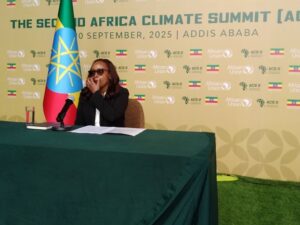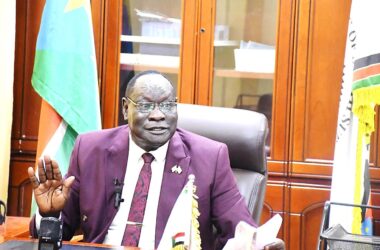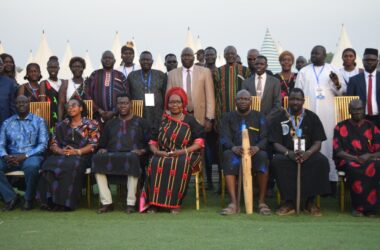
By Kei Emmanuel Duku
As the African Climate Summit opens today, a persistent issue casts a shadow over the proceedings, the failure of developed nations to fulfill their climate finance promises. Ethiopia’s Minister of Planning and Development, Dr. Fitsum Assefa, painted a stark picture of unfulfilled commitments and the urgent need for action.
Dr. Assefa stated that Africa is disproportionately affected by climate change, contributing less than 4% of global emissions yet bearing some of its harshest impacts. She highlighted the continent’s potential, noting its young population and vast renewable energy resources.
The minister also emphasized the innovative, community-led solutions already being used to address climate shocks, underscoring that the continent needs the world’s biggest emitters to fulfill their pledges. According to Dr. Assefa, the much-publicized pledges of climate finance have yet to materialize.
“Forget the new pledge of 300 billion promised in Baku,” she stated. “The 100 billion, which was part of the Paris COP 21 Agreement, was never met. It’s not accessible.”
The minister also highlighted another unmet commitment a 1.33 trillion dollar promise for 2030-2035 made in Baku. She expressed disappointment with the response from the very nations expected to deliver, adding, “It’s still disappointing, but we keep on calling the world to act, because climate change knows nobody about us.”
Dr. Assefa explained that the climate crisis is exacerbating food insecurity in many African countries by disrupting food systems and making agriculture less resilient. She stressed that providing the promised funds is crucial for transforming the continent’s food systems and enhancing agricultural resilience.
She also pointed out that African nations are increasingly experiencing extreme weather events, such as droughts, cyclones and floods, which threaten livelihoods, displace populations, and cause widespread damage.
While initiatives such as the Great Green Wall a regional project that extends across African borders—are in progress, African countries require financial support to build resilient infrastructure capable of withstanding natural disasters.
Despite these challenges, Dr. Assefa highlighted the vast opportunities for renewable energy, stating that Africa possesses immense potential in hydro, solar, wind, and geothermal green energy.
She noted that numerous initiatives are already in motion, from large-scale hydropower projects to solar energy developments in Kenya and other countries. The minister stated that Africans are leveraging these homegrown solutions to build resilience and now seek to access climate finance to further their efforts.
Dr. Assefa concluded by appealing to global North countries for fair, accessible, and grant-based finance to account for Africa’s special circumstances. She underscored the injustice of a continent that has contributed so little to emissions but is bearing the brunt of the impacts.



